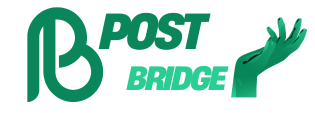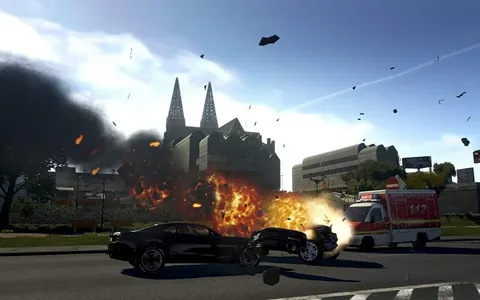Online gambling has seen a rapid evolution over the past decade, and crash games have emerged as one of the most popular formats in the industry. Their simplicity, fast pace, and high-risk-high-reward dynamic make them attractive to players across the globe. But as their popularity grows, so does the skepticism: Are crash games fair?
Let’s take a deep dive into the game mechanics behind crash games and evaluate whether fairness is really part of the equation.
What Are Crash Games?
Crash games are real-time multiplier-based betting games. Players place a bet before a round starts, and a multiplier begins to increase rapidly on the screen. The objective is to cash out before the multiplier “crashes.” If you cash out in time, your bet is multiplied by the current number. If not, you lose your stake.
These games are exciting because they combine elements of chance, timing, and nerve. However, the fast gameplay raises concerns about transparency and fairness.
How Do Crash Games Work?
To understand whether crash games are fair, it’s crucial to look into how they function behind the scenes.
Most reputable crash games use Provably Fair algorithms. This system allows players to verify that the outcome of each round wasn’t tampered with. Here’s how it works:
- A cryptographic hash is generated before each round using a combination of server and client seeds.
- The hash determines the crash point (i.e., when the multiplier stops).
- After the round, players can see the seed and use online tools to verify the legitimacy of the result.
This process ensures the game isn’t rigged by the operator. If you’re playing on a site that offers Provably Fair verification, then the answer to “Are crash games fair?” is more likely to be yes.
Potential Sources of Unfairness
Despite the implementation of Provably Fair systems, not all crash games are created equal. Here are some potential red flags:
1. Unregulated Platforms
Some gambling platforms operate without oversight or licenses. These sites may manipulate outcomes or make it impossible for players to verify fairness.
2. Hidden House Edges
Every crash game has a house edge — a built-in advantage that ensures the operator makes a profit over time. While this is normal in gambling, it must be transparent. Some platforms may hide or obscure this edge, misleading players.
3. Manipulated Timing
If a game doesn’t use a provably fair system, there’s the risk that the platform could alter crash timings based on betting patterns or cash-out behaviors.
In such cases, asking “Are crash games fair?” becomes more than just a question — it becomes a serious concern.
How to Ensure You’re Playing a Fair Crash Game
Here are steps you can take to ensure fairness when playing crash games:
- Check for Provably Fair certification and try verifying a few rounds yourself.
- Play only on licensed and regulated platforms with a history of fair play.
- Review independent audits or third-party reviews of the game.
- Understand the mechanics and house edge before betting real money.
Being informed reduces your chances of falling into unfair or rigged setups.
Conclusion
So, are crash games fair? The short answer: they can be — if you’re playing on a reputable, licensed platform that uses Provably Fair algorithms. However, not all platforms are transparent, and some are designed to exploit uninformed players.
As with any form of gambling, it’s crucial to understand how the game works, where you’re playing, and what measures are in place to protect your fairness as a player. Always research before you bet — and never play with money you can’t afford to lose.


